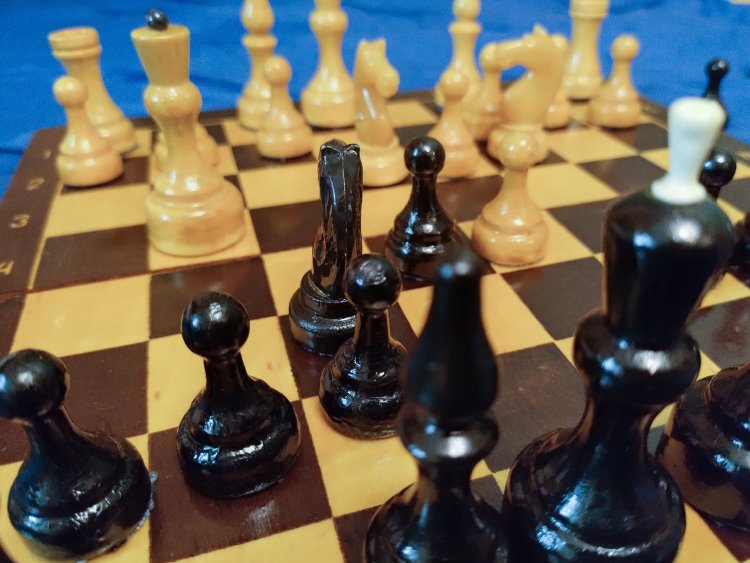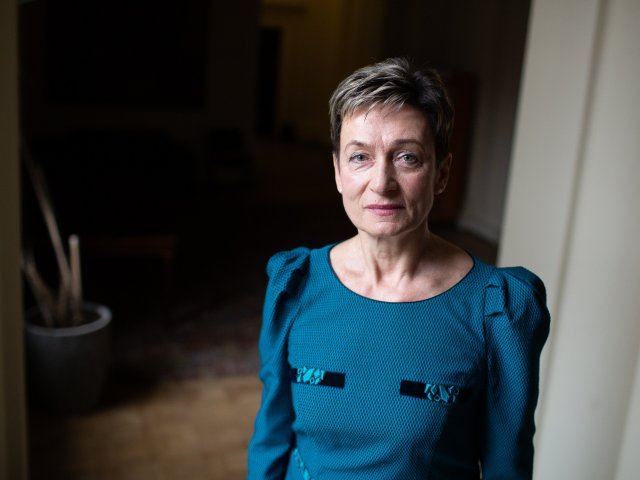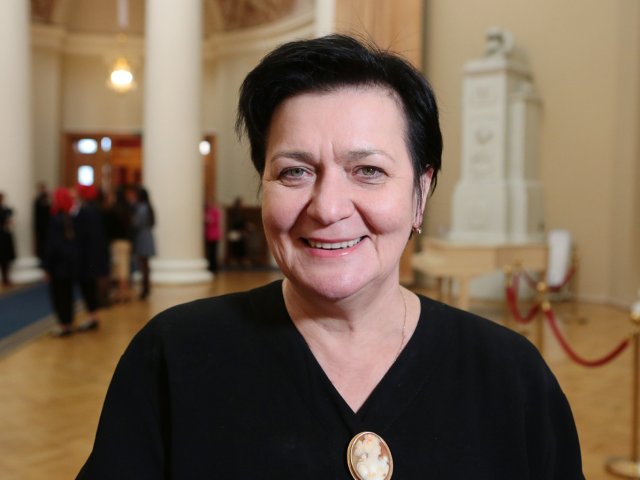July 20 is celebrated as International Chess Day. The observance was initiated by the International Chess Federation founded on July 20, 1924. This sport observance has been celebrated on the federation's foundation day since 1966.
64 squares, 32 pieces, 2 players: It is believed the Indian game of Chaturanga was a distant ancestor of modern chess. In ancient India, the word chaturanga referred to troops that consisted of war chariots (ratha) and elephants (hasti), cavalry (ashva) and foot soldiers (padati). The game was adopted by Persians who changed it and called it Shatranj. Later, the game became popular in the Arabian Caliphate, and then in Europe.
The literal meaning of the game’s name is “the lord is dead” or “the shah is dead”. The chess inventor is unknown. Legends attribute the invention to a mythical Indian sage named Sissa. The invention of the wheat and chessboard problem is also attributed to him. The legend has it that the sage asked a ruler how many wheat grains would there be on the chessboard if there was one grain on the first square, two on the next, four grains on the third square, etc. Assuming that one grain weighs 0.065 grams, the total weight of the wheat on the chess would be 1,200 billion tons.
Chess is an intellectual and cultural game, but the church disapproved of chess players once the game reached Europe, and priests were not allowed to play chess. This led to the invention of folding chessboards, attributed to a chess-loving priest who would fold his chessboard to make it look like two stacked books. With time, chess became popular among different social classes, and the bans came to naught.
The rules known now as the classical chess rules had been established in Europe by the 15th century. Their final standardization took place in the 19th century with the emergence of international chess competitions.
As technology developed, products of progress in science became useful in the chess world. In 1878, a chess game was played over the telephone for the first time. Slightly later came an international chess match between Liverpool and Calcutta, which was played using the telegraph. In 1896, the first chess match played by means of a transatlantic cable took place between London and New York. In 1970, chess left Earth as the first chess game was played between cosmonauts on a spaceflight and the staff of the Cosmonauts Training Center on Earth. The game lasted for around six hours, with the players communicating over the radio and the moves reported when the spacecraft flew over the USSR. In 1997, a computer surpassed a human being in chess: the machine won a match between the Deep Blue computer and Garry Kasparov.
Photo: Aleksandr Burmistrov / Scientific Russia






















